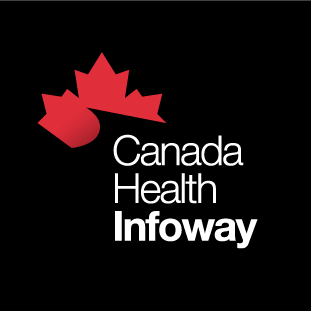HALIFAX: Nova Scotians are among the least likely in Canada to report they have good or excellent mental health, the people behind a new study says.
The study, by Canada Health Infoway (Infoway), shows that e-mental health services can help address COVID-19’s impact and have provided crucial benefits to Canadians who have used them. In fact, 72% of Canadians who have used e-mental health services said it helped them deal with a moment of crisis/distress that would have resulted in physical harm.
Simon Hagens, Senior Director of Performance Analytics at Canada Health Infoway (Infoway), said that the mental health challenges experienced by Canadians were significant prior to the pandemic and have further worsened.
“These findings are very concerning and consistent with other studies,” said Hagens in an email. “These numbers reflect a significant impact on the lives of many Canadians, and there is broad recognition of the need to improve supports.”
For N.S., the study says 52 per cent of Bluenosers would like access to e-mental health services.
“Nova Scotians likely recognize the benefits of these services,” said Hagens. “Of those Canadians who had used them, 86% said they saved time, 85% said they saved money and 81% said they got treatment faster – these show the great opportunity to improve access to services for those with urgent needs and those who have barriers to accessing mental health services.”
The study also reveals that 52% of Canadians would like to access mobile apps or interactive online tools and services to get support for mental health issues such as depression, anxiety, or substance abuse.
Of the 16% of Canadians who have used e-mental health services:
- 83% were satisfied with the care they received.
- 81% said it allowed them to get care faster/after hours; and
- 77% said it helped reduce physical and mental anxiety from an in-person visit.
Findings also reveal that 61% of Canadians diagnosed with a mental illness who have not yet accessed e-mental health tools and services would like to do so.
The study findings show Canadians are less likely to report having good mental health since the beginning of the pandemic.
“More than half of Canadians report that they would like to have access to e-mental health tools or services, but only 16% have actually used one,” said Hagens. “There has already been great progress delivering a range of e-mental health tools for Canadians.
Hagens explained what he saw as the contributing factors to the six per cent increase in e-mental health usage over previous years in Atlantic Canada
“The increased demand for e-mental health services in the pandemic is certainly a factor, but the increased availability and promotion of these services has been a driver,” he said. “For example, https://mha.nshealth.ca/ and expansion of Bridge the gapp in NL to NB and PEI.”
Hagens expects the trend in the future to see continued adoption of the services available.
“As the value for Canadians and the health system becomes increasingly clear, Infoway will participate in a continued expansion and optimization of services,” Hagens said. “The federal government is also committed to increasing access to e-mental health services, including through its Wellness Together Canada initiative.”
Detailed breakdowns (including the option to filter by province) can be found at https://insights.infoway-inforoute.ca/.
“We encourage Nova Scotians to explore the tools available to them and share them with those in need,” said Hagens.

















